The Indian maritime sector is set to witness a transformative shift with the introduction of the Coastal Shipping Bill, 2024. Presented by Union Shipping Minister Sarbananda Sonowal, this landmark legislation aims to enhance coastal shipping as a sustainable and cost-effective mode of transport, aligning with the National Logistics Policy. The bill is expected to reduce logistics costs, strengthen India’s maritime infrastructure, and provide a viable alternative to road and rail transport.
A Game-Changer for India’s Logistics Sector
The Coastal Shipping Bill, 2024, seeks to streamline regulations and promote coastal trade by addressing existing gaps in licensing and governance. Sonowal highlighted that the bill introduces a dedicated legal framework for coastal shipping, making it a more attractive and cost-efficient option for businesses. By reducing dependency on road and rail transport, coastal shipping will significantly lower freight costs, benefiting industries and consumers alike.
Moreover, the bill supports India’s goal of sustainable development by promoting eco-friendly maritime transport. With global trade competitiveness in mind, it ensures that India’s shipping policies are aligned with international best practices.
Debates and Concerns Raised in Parliament
While the bill promises progressive reforms, it has sparked debates among political parties.
1. Concerns About Fishermen’s Welfare: Congress MP Manickam Tagore criticized the government for overlooking the challenges faced by fishermen, particularly in Tamil Nadu and Gujarat. He demanded provisions such as weather alerts, mandatory life vests, and certification for fishing boats to ensure their safety.
2. Impact on State Autonomy: DMK MP D M Kathir Anand strongly opposed the bill, arguing that it centralizes power, limiting state governments' control over coastal shipping policies.
3. Need for Domestic Shipping Protection: Trinamool Congress MP Sougata Roy emphasized the importance of protecting Indian vessels, proposing that at least 50% of domestic cargo be reserved for Indian ships. He also recommended setting up an independent regulatory body for maritime governance and ensuring a minimum employment quota for Indian seafarers.
4. Modernization of Coastal Fleet: TDP MP Lavu Sri Krishna Devarayalu raised concerns over the ageing Indian coastal fleet, noting that 49% of vessels are over 20 years old. He suggested introducing low-cost capital and long-term financing to facilitate fleet modernization.
5. Bureaucratic Reforms in the Shipping Sector: BJP MP Arun Govil expressed strong support for the bill, emphasizing that it would remove bureaucratic hurdles and improve the global competitiveness of Indian shipping companies.





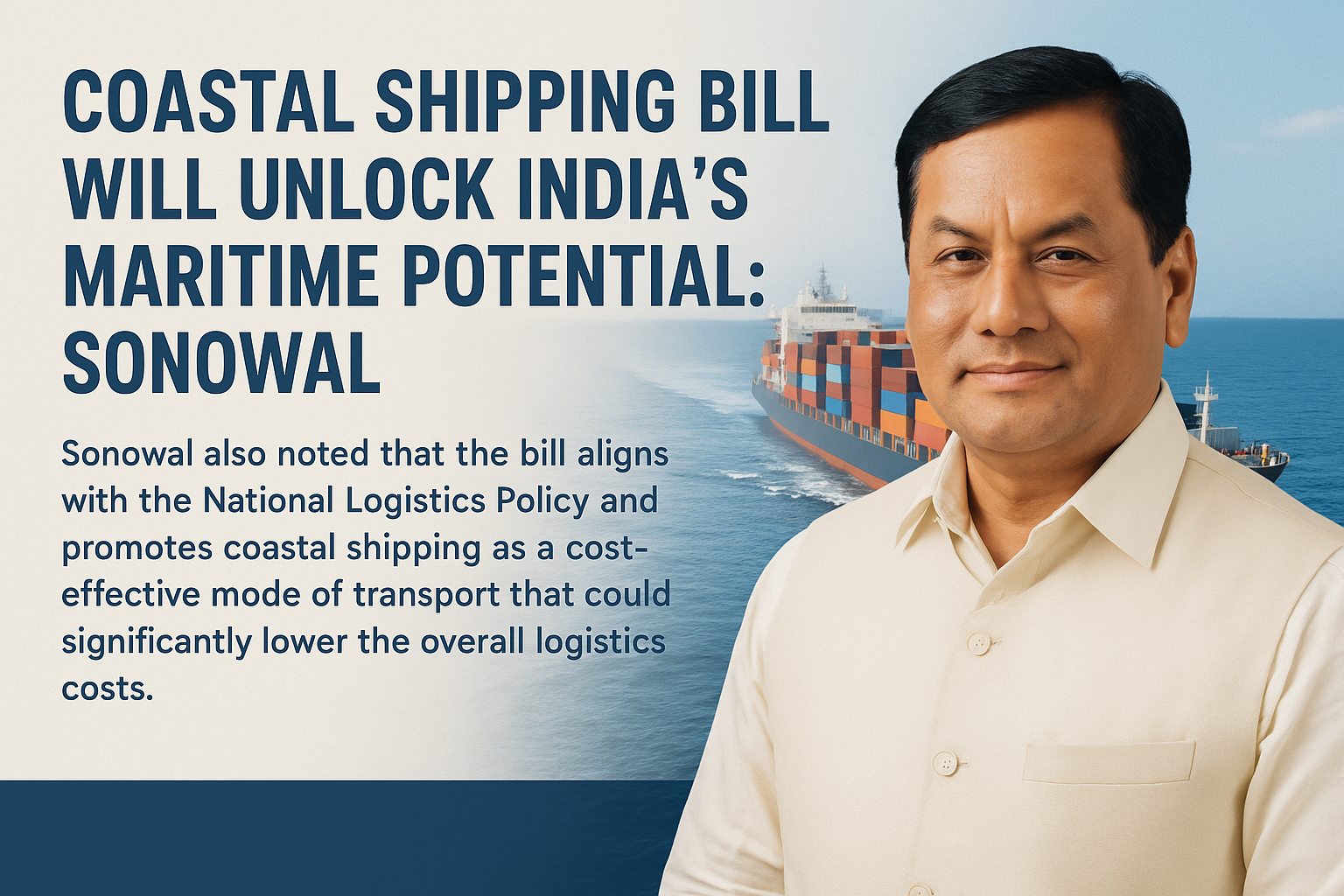 >
>




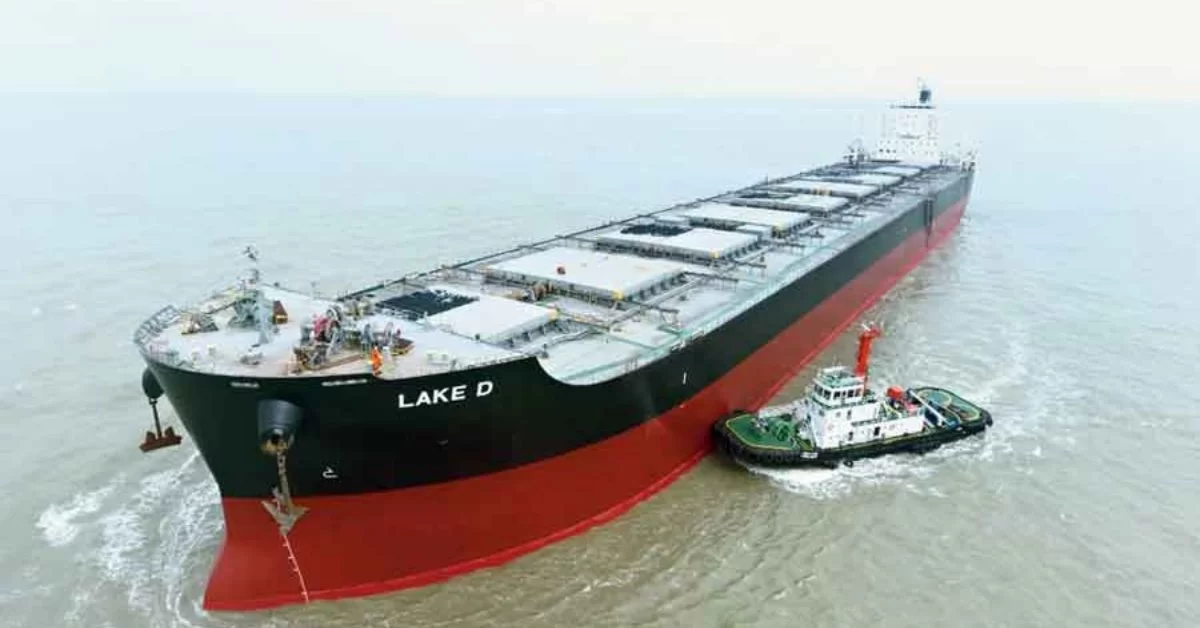
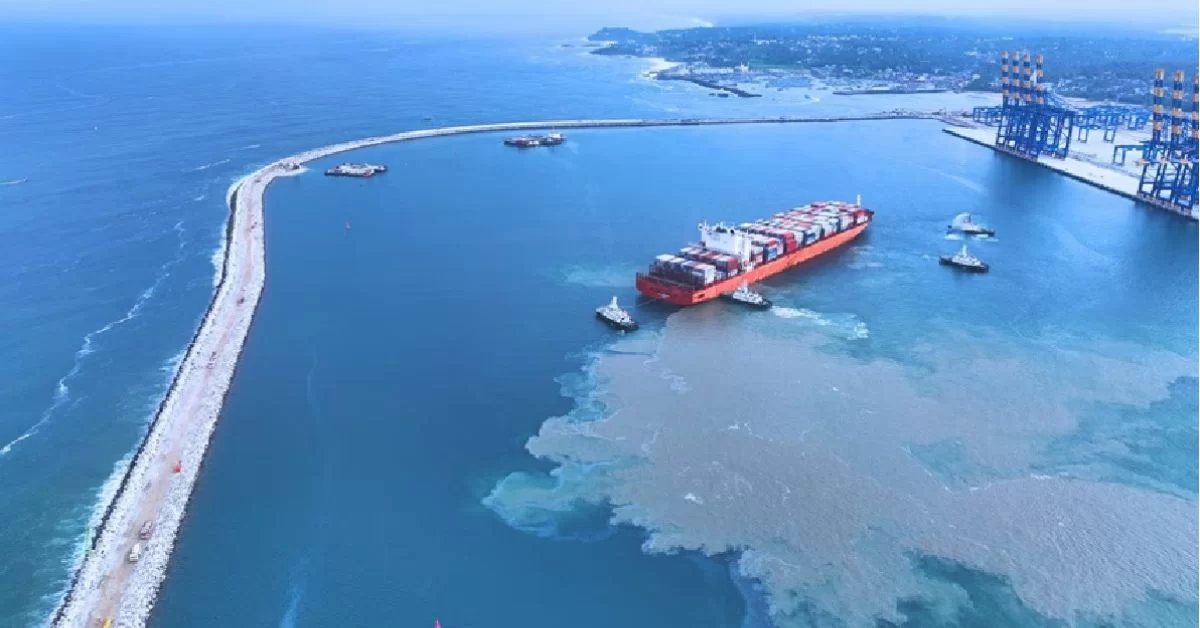
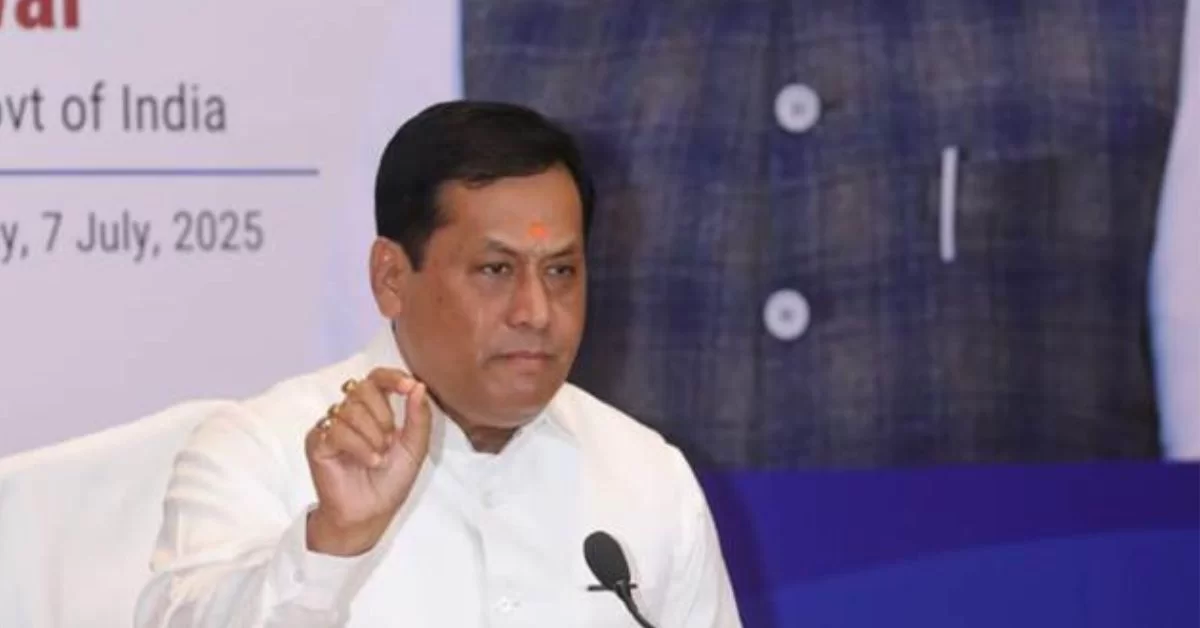
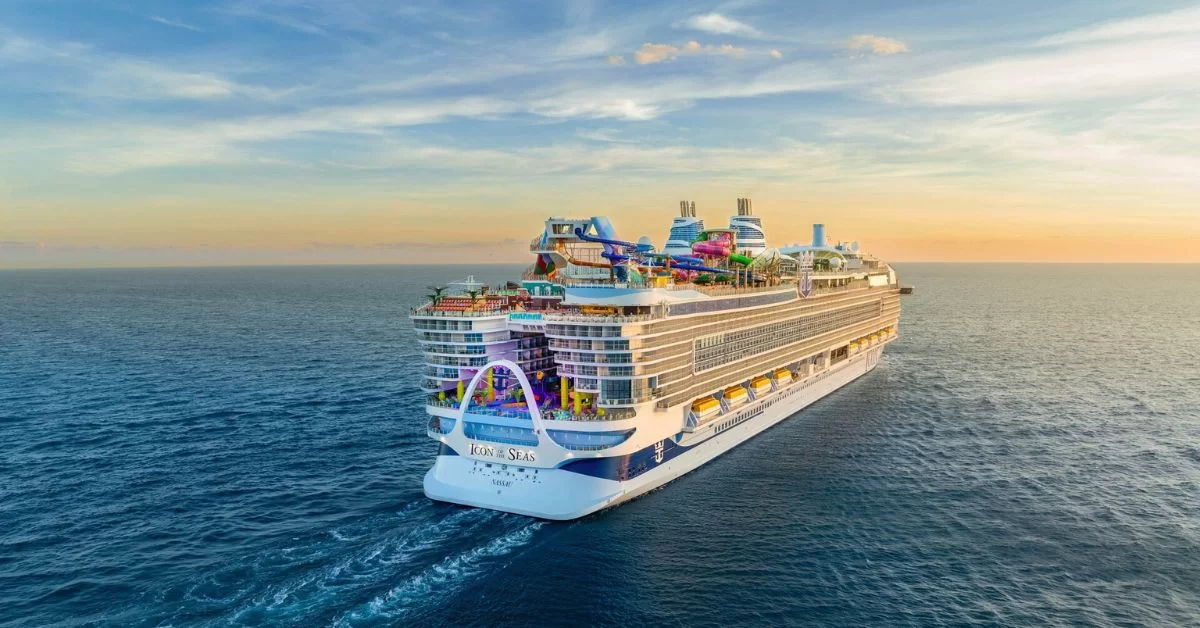




 Business Care Solutions
Business Care Solutions